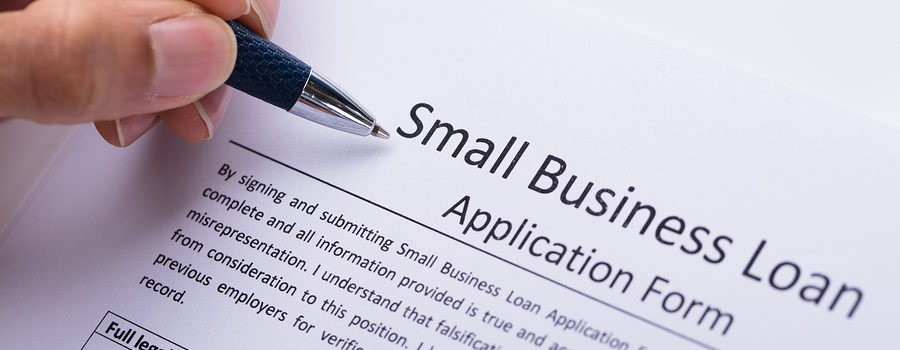Everything You Need to Know About SBA Loans
The U.S. Small Business Administration (SBA) is a fountain of aid for small business owners. It’s something of a one-stop shop for business owners looking for any level of help, whether you need a lot of advice or just the occasional tip to push you over the top. They even provide financial assistance — via SBA loans.
The U.S. SBA provides several types of financial help, for the record. It can help you find investors, seek out disaster assistance and even offers SBA-guaranteed surety bonds. But there are also SBA loans — loans that are guaranteed by the Small Business Administration.
SBA loans help entrepreneurs either start their own company or expand existing operations, and they range from hundreds of dollars to millions. So here’s what you need to know about this important source of business funding.
Why SBA Loans Are So Useful
As mentioned above, SBA loans are guaranteed by the government agency to get new small businesses off the ground, or push existing small businesses further by continuing the growth cycle.
That “guarantee” part is important. The SBA doesn’t actually issue the loans — they come from different types of lenders. The three main types of SBA loans:
- 7(a) loans: These come from normal lenders and max out at about $5 million. The Small Business Administration guarantees them for up to 85% of loans of $150,000 or less, and up to 75% of loans above $150,000. This allows lenders to confidently offer lower rates and more company-friendly terms, improving the chances that taking out the loan won’t choke aspiring businesses to death. Loans can be used for short- or long-term working capital, purchasing equipment, even refinancing existing business debt in some situations.
- 504 loans: These loans, which can also me made up to $5 million, are doled out by SBA partners called Certified Development Companies (CDCs). These loans are made to for-profit companies to buy new buildings or land, construct new facilities, improve streets and parking lots, and a few other “fixed assets.”
- Microloans: These are small loans of up to $50,000 issued through nonprofit community-based organizations with experience in lending. The SBA says its average microloan issued is for $13,000. These funds can be used for rebuilding, repairing, improving, enhancing or re-opening your small business.
How to Get an SBA Loan
Eligibility for SBA loans varies depending on what kind of business you are, and how much you bring in. But very broadly speaking, the Small Business Administration lays out a few guidelines: You have to be a for-profit business, that is located and operates in the U.S., has invested their own time and money into the business, and has exhausted other financing options. There are also certain size standards, which the agency outlines here.
The SBA, in fact, has most things you need to get started. This page, for instance, will help you find a lending match — though, before you get started, the agency outlines a few things you’ll want to have in advance:
- Documents, which may include a few SBA forms, personal financial statement, business valuation, income statement and balance sheet.
- Business plan
- Desired amount and planned use of funds
- Credit history
- Financial projections
- Collateral
- Industry experience
While the Small Business Administration will match you with an appropriate lender, it does make sense to target one with a history of issuing such loans.
One thing to note, however: SBA loans are often difficult to get. There’s a somewhat high bar to clear, not to mention all of the normal work you need to do to get any loan, including putting together an exhaustive list of documents.
McManamon & Co. can help — starting with our accounting services that will help you determine whether you even need a loan in the first place, and continuing with leading you through the process of applying for a SBA loan. Call us at 440.892.8900 or contact us online today.
Tags: accounting, McManamon, SBA loans, small business | Posted in accounting, Financing, McManamon & Co., small business
